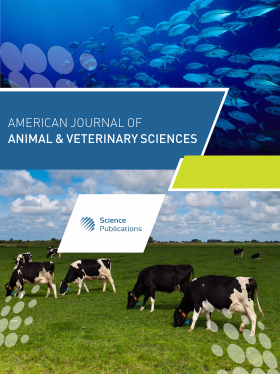Histopathological Characterization and Expression of Vitamin D Receptor in the Prostate of Healthy Dogs and Dogs with Prostatic Carcinoma
- 1 Laboratory of Reproduction, Nippon Veterinary and Life Science University, Japan
- 2 Department of Veterinary Pathology, Nippon Veterinary and Life Science University, Japan
Abstract
Vitamin D Receptor (VDR) expression is implicated in human Prostatic Carcinoma (PC), but its role in canine PC is unclear. To investigate how VDR expression is affected by age and castration in healthy dogs and how it changes with PC, we evaluated prostates from 8-month-old (n = 5) or 6-year-old (n = 8) intact males, 1-8-year-old healthy castrated males (n = 4) and 8-15-year-old castrated males (n = 7) with PC, by performing histopathology, immunohistochemistry, and ELISA. The results showed that VDR expression in canine prostate increased in an age-dependent manner and decreased after castration compared with intact dogs at 6 years of age. Castrated dogs with PC showed increased VDR expression compared with healthy castrated dogs and VDR expression in PC differed according to the pattern of tumor proliferation. The findings suggest that prostatic VDR expression may be a useful prognostic marker and therapeutic target for canine PC.
DOI: https://doi.org/10.3844/ajavsp.2023.47.51

- 3,753 Views
- 2,775 Downloads
- 0 Citations
Download
Keywords
- Cancer
- Castration
- Dog
- Prostate
- Vitamin D Receptor
